
AeroGenie — Votre copilote intelligent.
Tendances
Categories
Swiss Airlines Reviews Future of A220-100 Fleet Amid Engine Problems
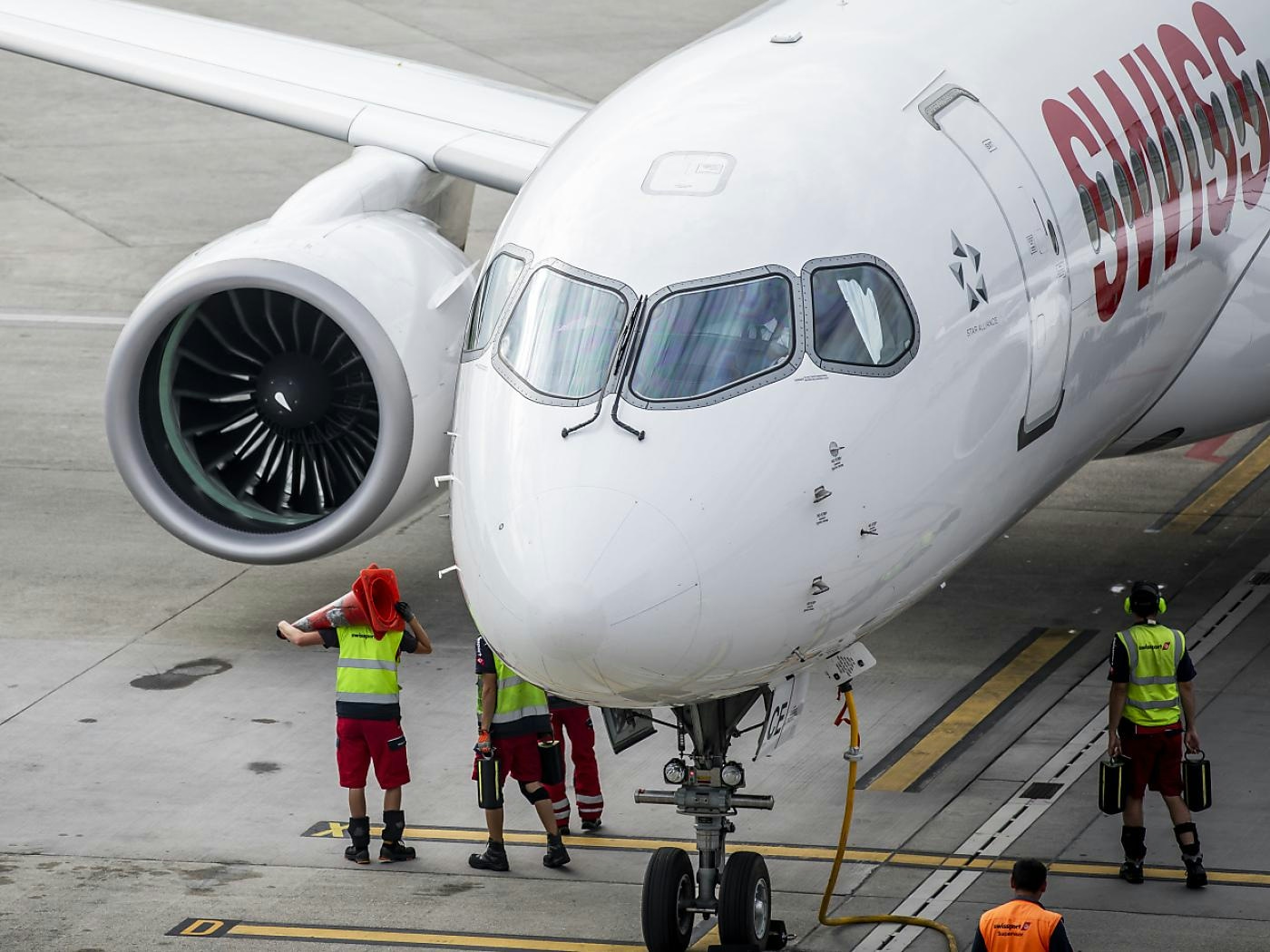
Swiss Airlines Reviews Future of A220-100 Fleet Amid Ongoing Engine Issues
Swiss International Air Lines is currently reassessing the future of its Airbus A220-100 fleet in light of persistent problems with the Pratt & Whitney PW1000 geared turbofan engines. As the launch customer for the 125-seat A220-100 and a subsidiary of the Lufthansa Group, Swiss has yet to determine if or when it will phase out this aircraft type.
Clarissa Cunz, Swiss’ head of aircraft asset management, stated during an Airbus event in Toulouse that while the airline regularly evaluates various options, no decision has been made regarding the retirement timeline of the A220-100. The carrier operates nine A220-100s alongside 21 larger A220-300s, both variants powered by the problematic PW1000 engines. According to ch-aviation data, at least eight of these aircraft—two A220-100s and six A220-300s—are currently undergoing maintenance, underscoring the operational challenges posed by the engine issues.
Operational Challenges and Strategic Considerations
The ongoing engine difficulties come at a critical time as Swiss prepares for the busy summer travel season, striving to maintain operational reliability despite these setbacks. Cunz emphasized that the Airbus A220 remains a vital component of the airline’s fleet and will continue to be so in the foreseeable future. She highlighted that regular fleet reviews are standard industry practice and noted the strong service record of both A220 variants within Swiss’s operations. The A220-100, in particular, was selected for its capability to operate into airports such as London City, which requires steep-approach certification not available on the larger A220-300.
Swiss had also considered expanding its fleet by acquiring six ex-EgyptAir A220-300s but ultimately deemed the deal unfeasible, according to Cunz.
Industry Developments and Wider Fleet Strategy
Meanwhile, Airbus is exploring the possibility of stretching the A220 family and is evaluating whether such a variant would require a new engine. These developments are being closely monitored by the aviation market, as competitors assess the potential implications of Swiss’s evolving fleet strategy on the broader European aviation sector.
In addition to its narrowbody fleet considerations, Swiss has provided updates on its widebody operations ahead of the anticipated delivery of its first Airbus A350. The airline’s ongoing fleet evaluations reflect the broader pressures faced by carriers as they balance operational demands, manufacturer developments, and the challenges of engine reliability.
As Swiss navigates these complexities, the future of its A220-100 fleet remains under careful review. The airline remains committed to maintaining flexibility in its fleet planning to ensure continued service quality and competitiveness.
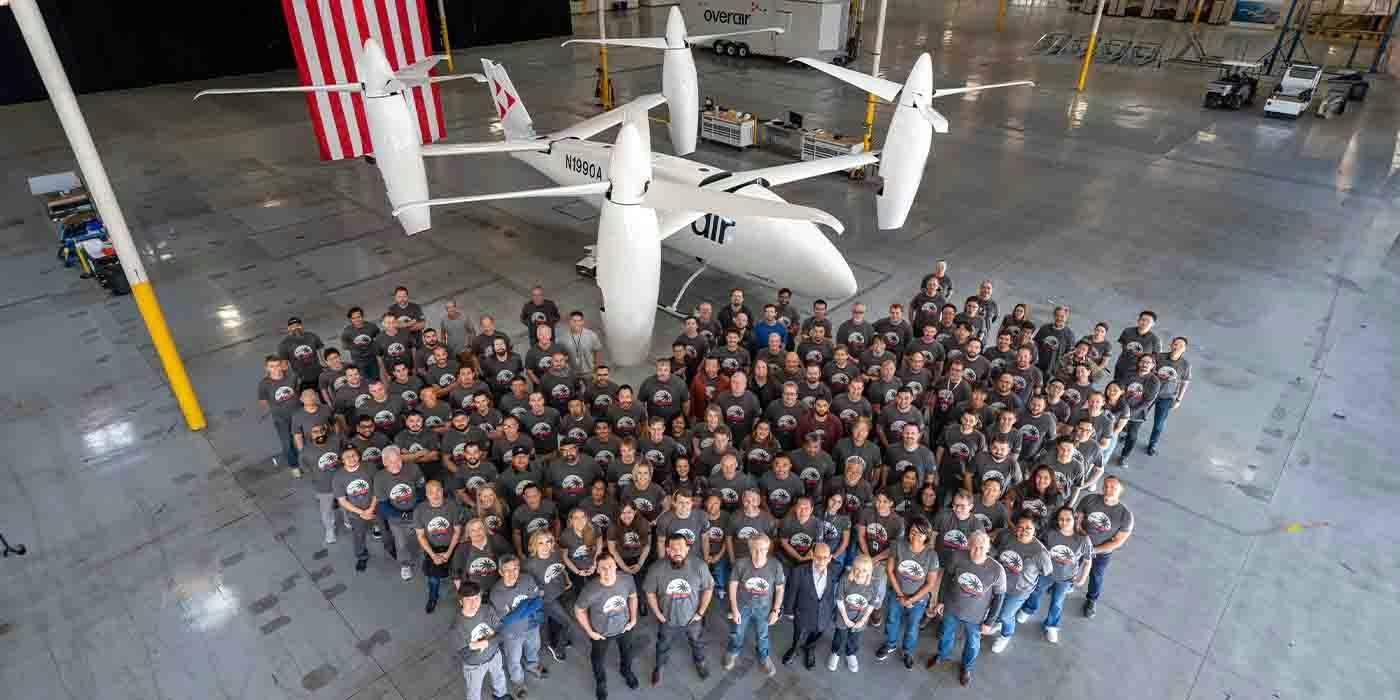
Unique mixed-propulsion eVTOL completes transition flight testing
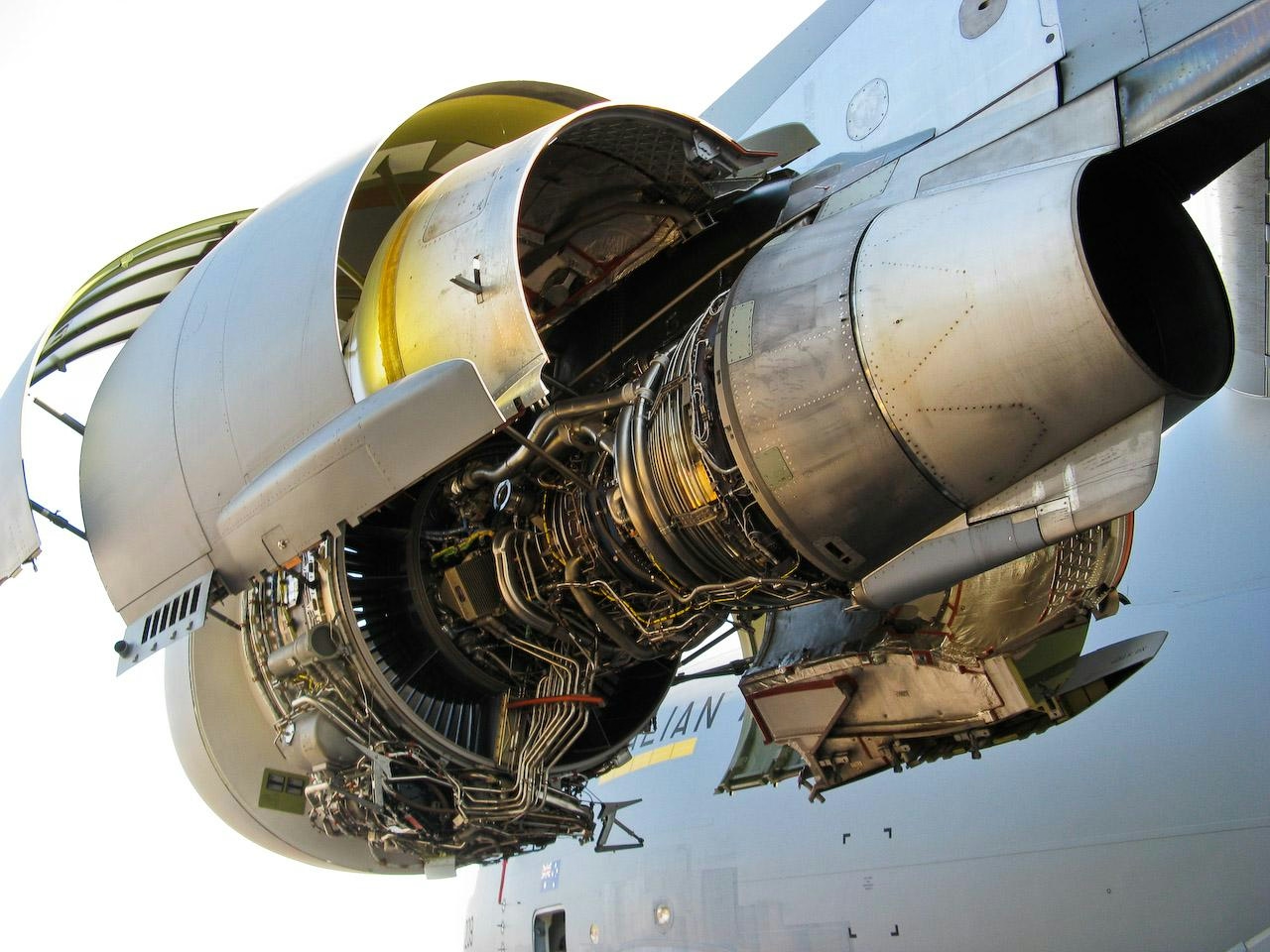
Are C-17 Globemaster Engines Derived from Boeing 757?
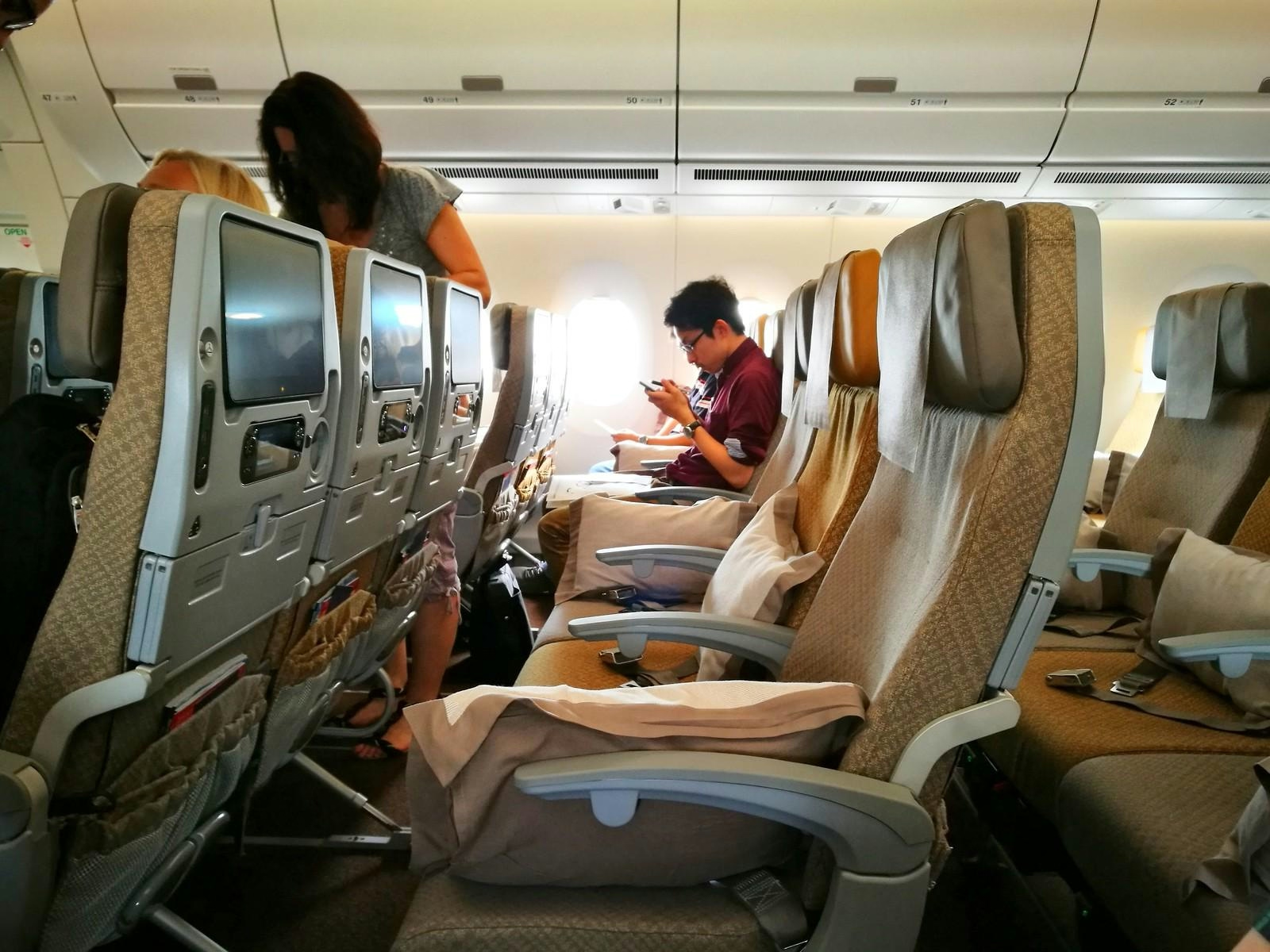
Why the Airbus A350’s Cabin Is Quieter Than Other Aircraft
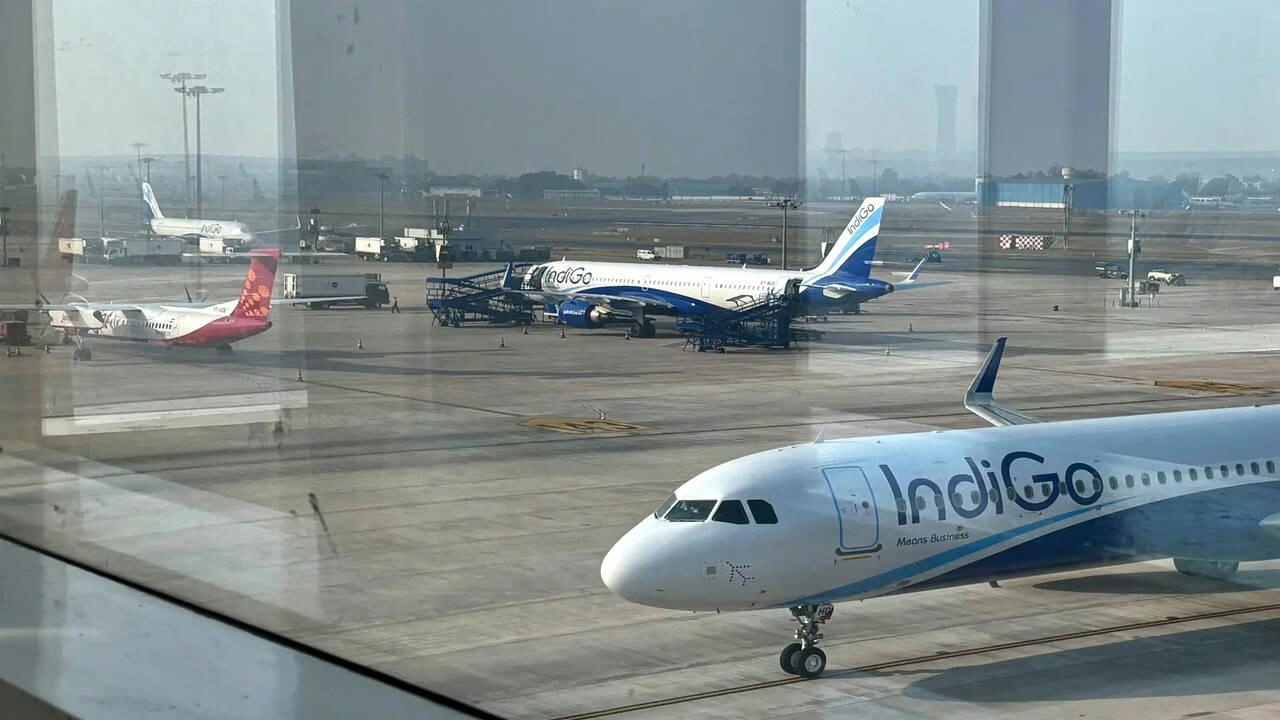
AI and AI Express Plan to Increase Capacity Amid IndiGo Flight Disruptions
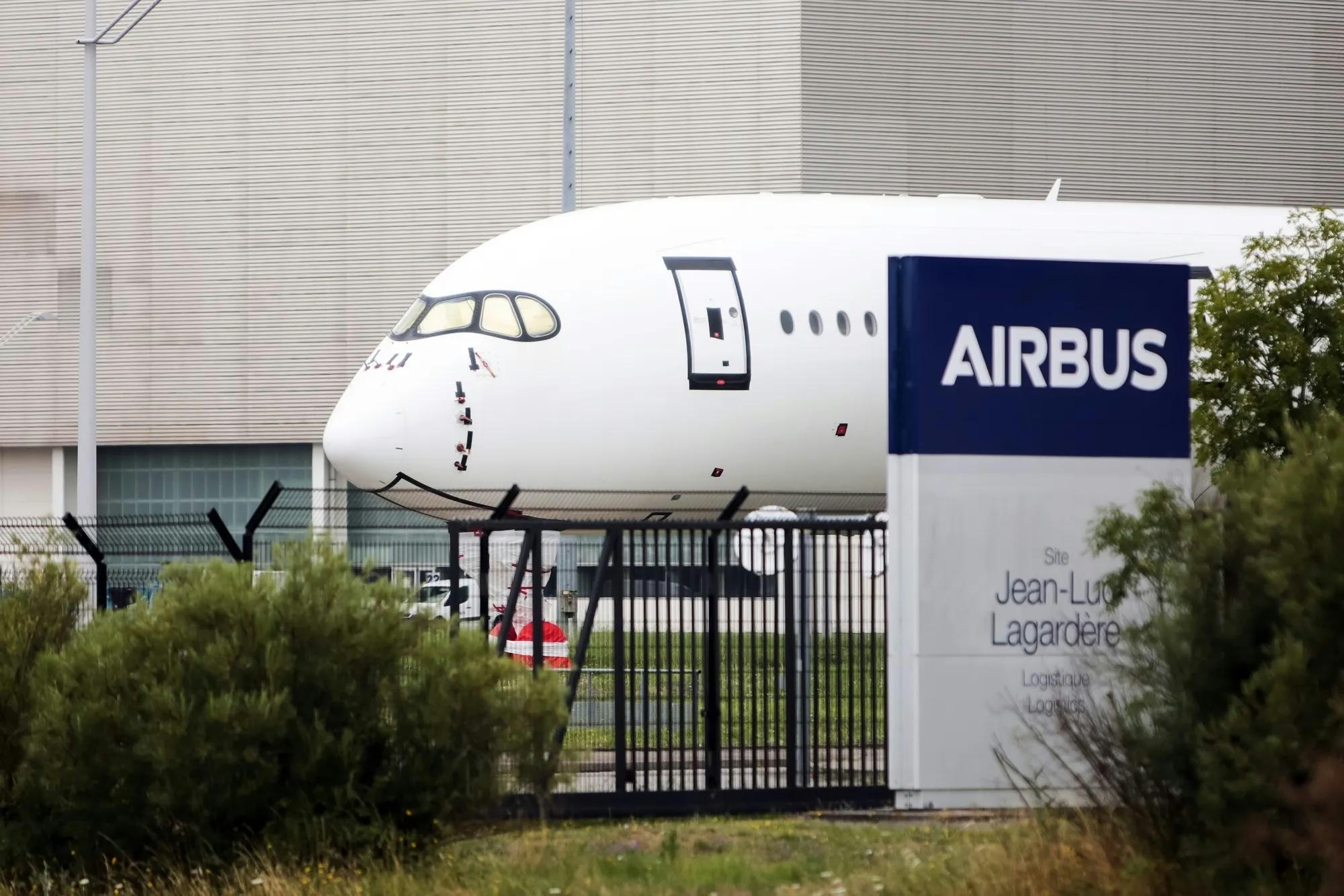
Kazakhstan and France Agree on Airbus Aircraft Deliveries
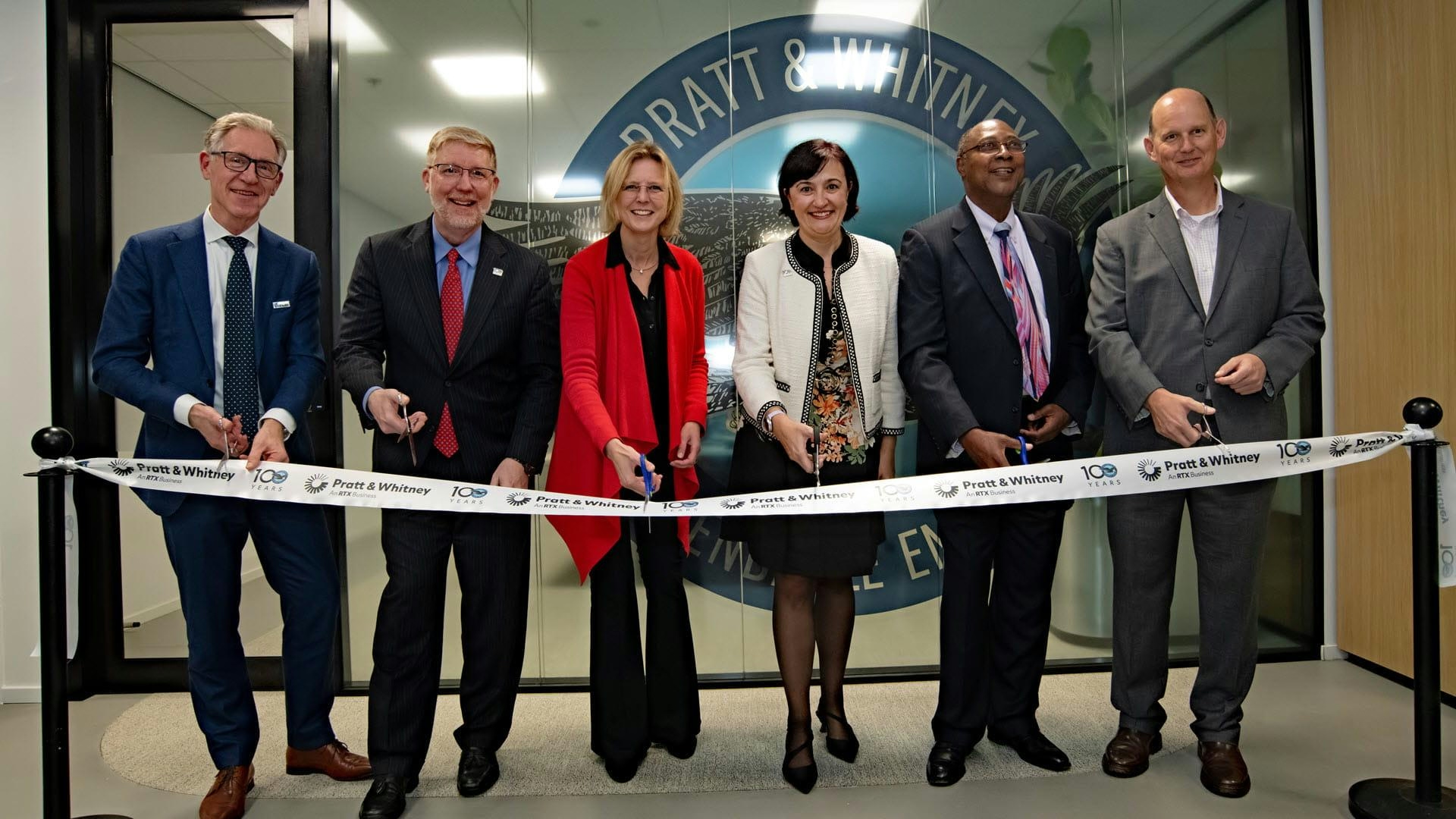
Europe’s Emerging Talent Drives Aviation Innovation
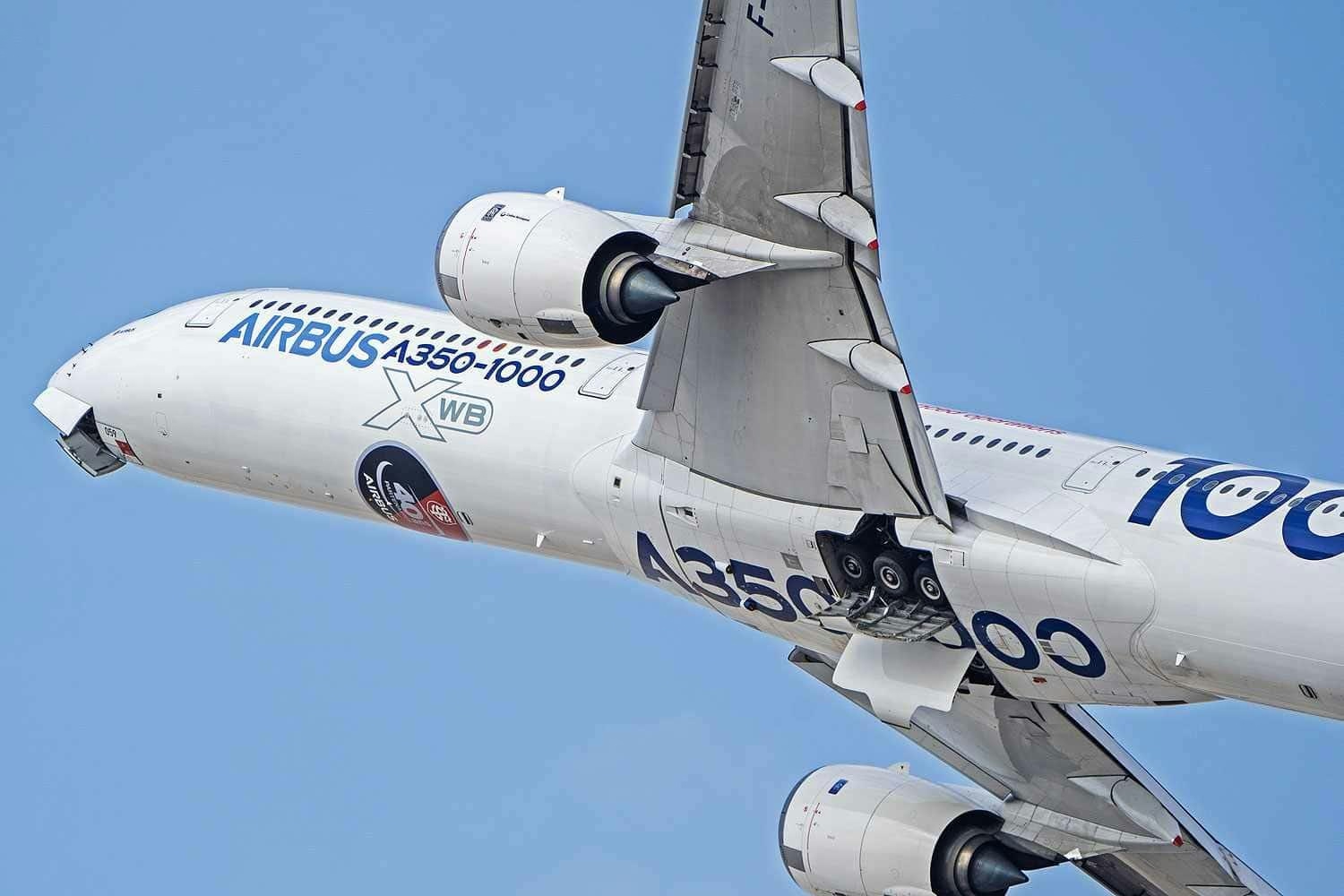
Airbus Receives New Order for A350-1000
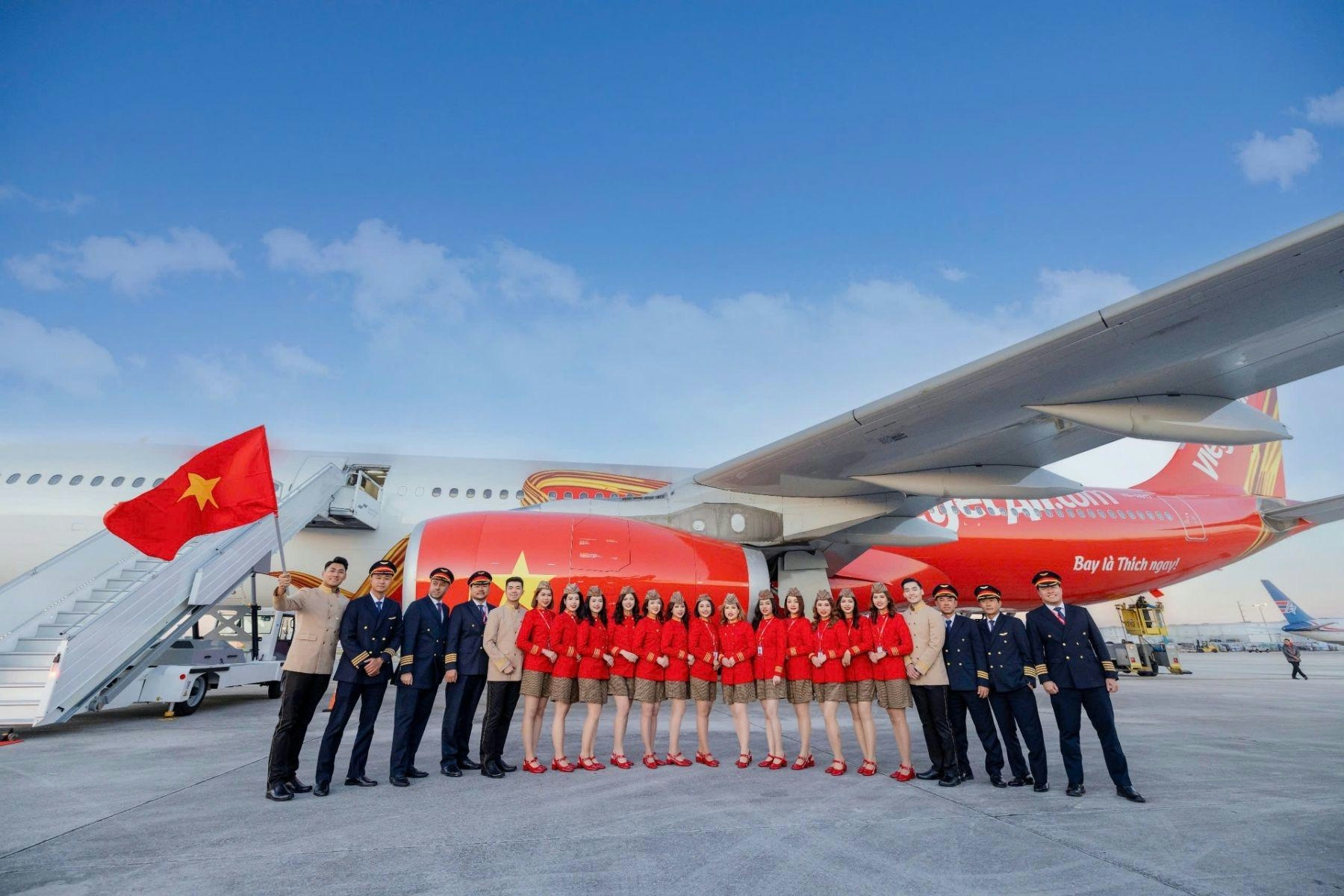
The Leading Widebody Aircraft in Service Today
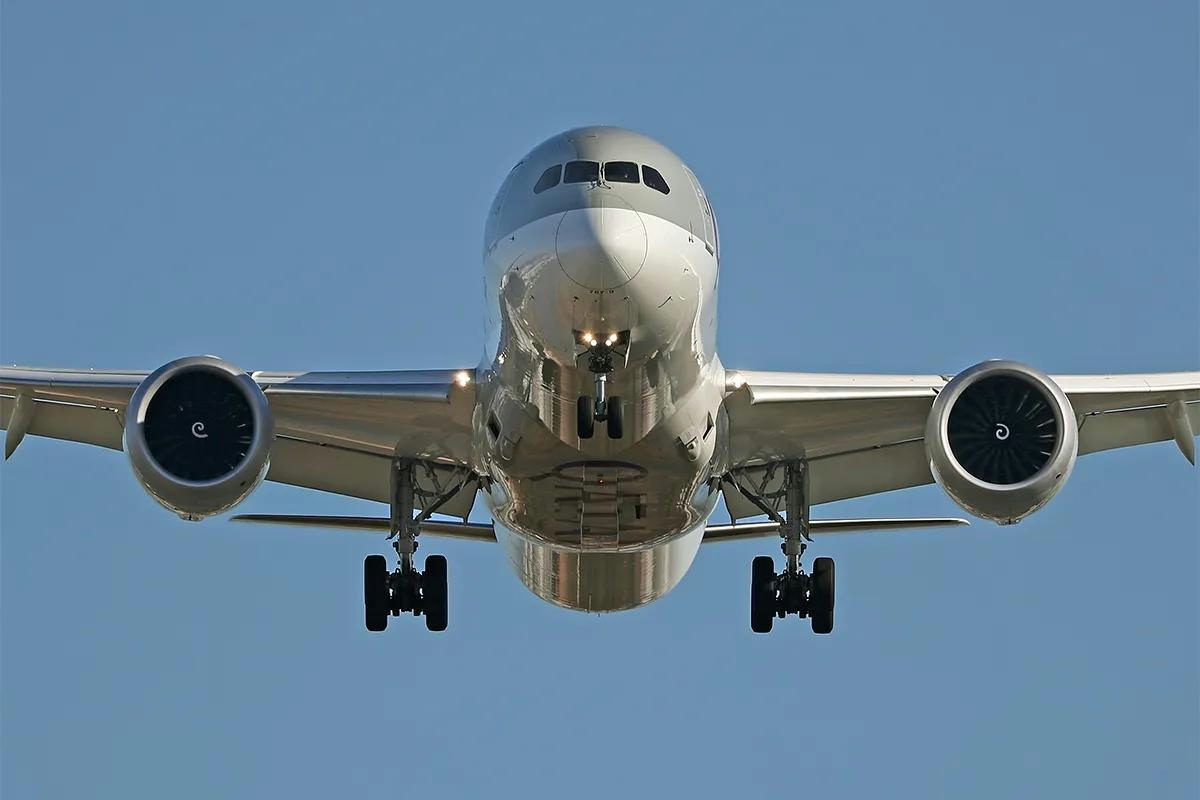
The Fastest Boeing Jet Currently in Service
